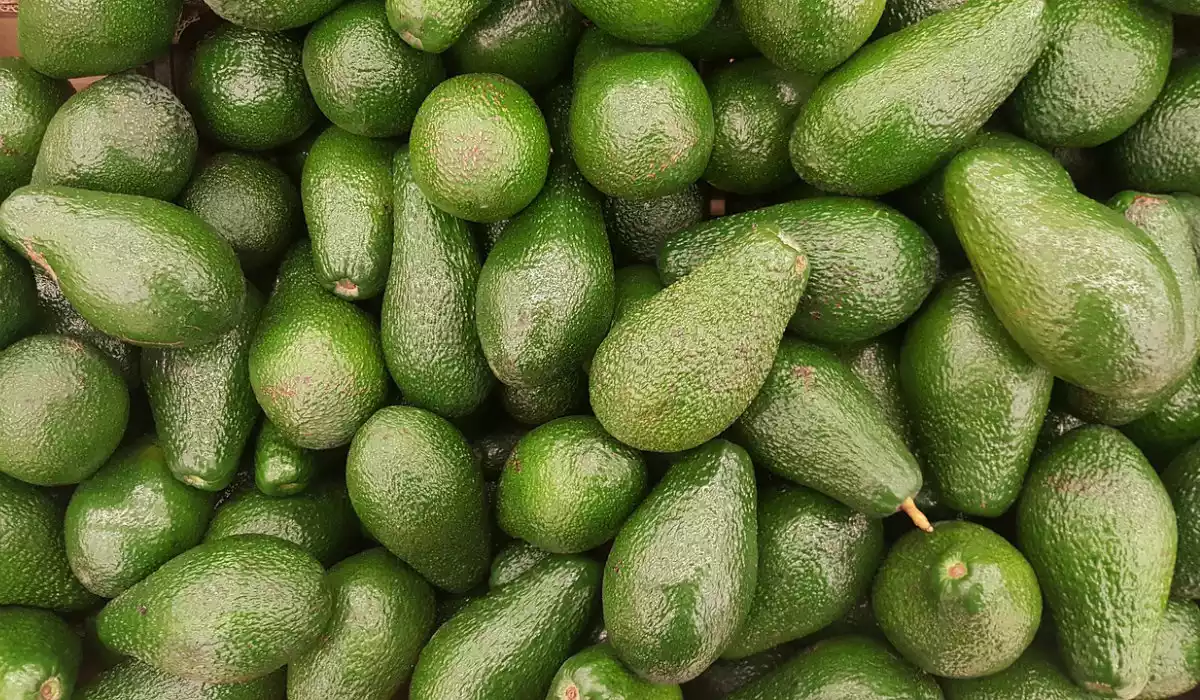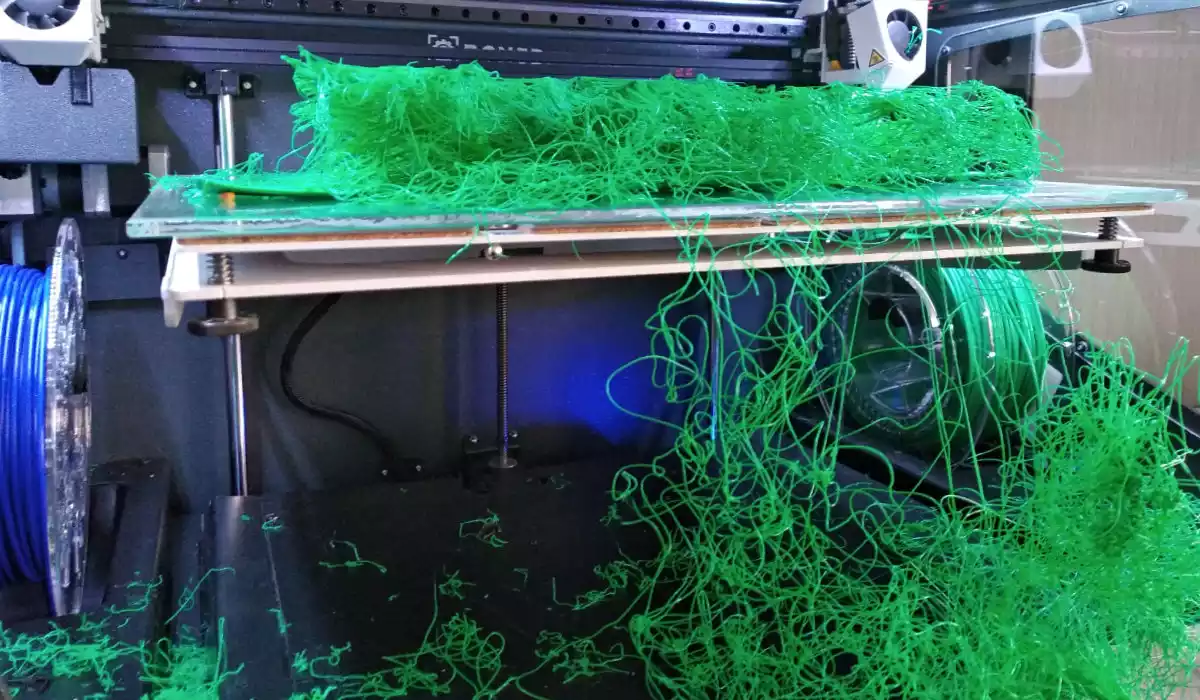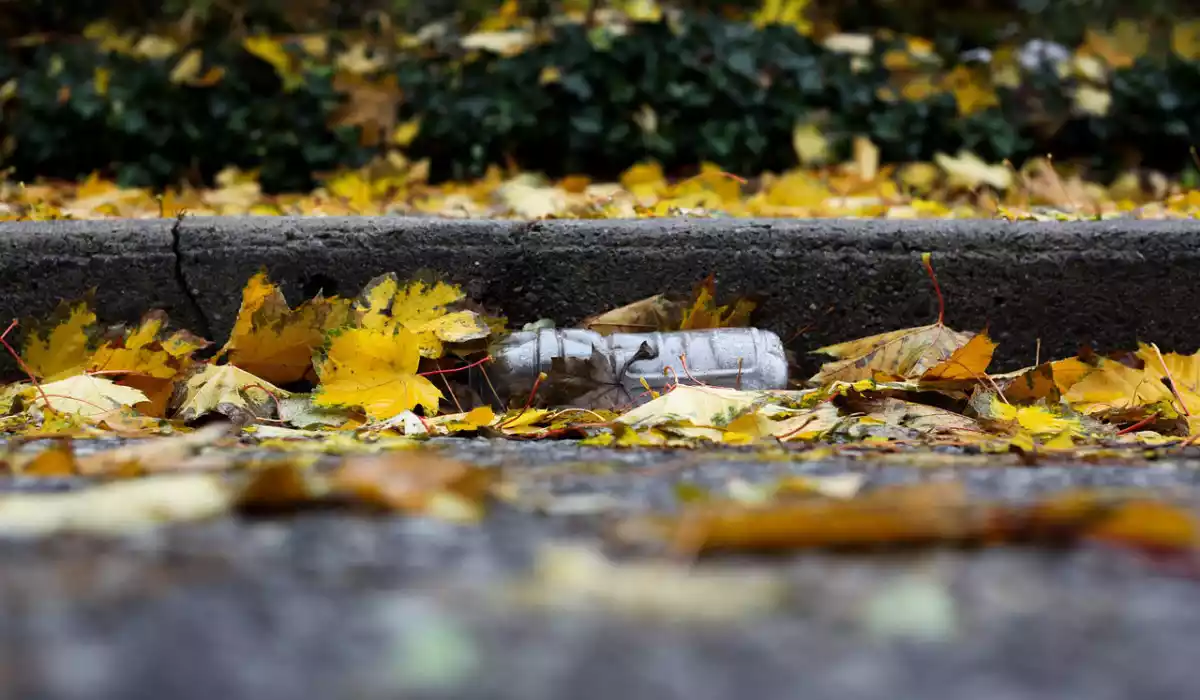Scientists from the University of Cordoba, together with scientists from the University of Girona, have developed a prototype of a more durable packaging material with significantly increased biodegradability. This was achieved by partially replacing bioplastic with cellulose fibers obtained from the branches and leaves of the avocado tree. Spain, the largest avocado producer in Europe, supplies raw materials in the form of tree pruning waste in the Axarquia region of Malaga.
Through a semi-chemical and mechanical process, the leaves and branches are mixed with soda, refined and defibrosed, which allows the isolation of fibers from wood pruning waste. These fibers are used as a reinforcing material, replacing some of the bioplastic used in food packaging. Research has shown that the new packaging is more durable, which is due to the strong mechanical properties of natural fibers from trimmed avocado waste. Tests showed that the new material increased tensile strength by 49%.
The next step in the research will be to assess other properties of the new material, such as antibacterial or antioxidant capabilities, which could enable new, more sustainable methods of preserving products.
New European Union regulations banning certain types of single-use plastic packaging from 2030 pose a challenge to the industry: the need to conduct market research to assess the profitability of new, sustainable forms of packaging.
Source: www.sciencedaily.com
Photo: www.pixabay.com


